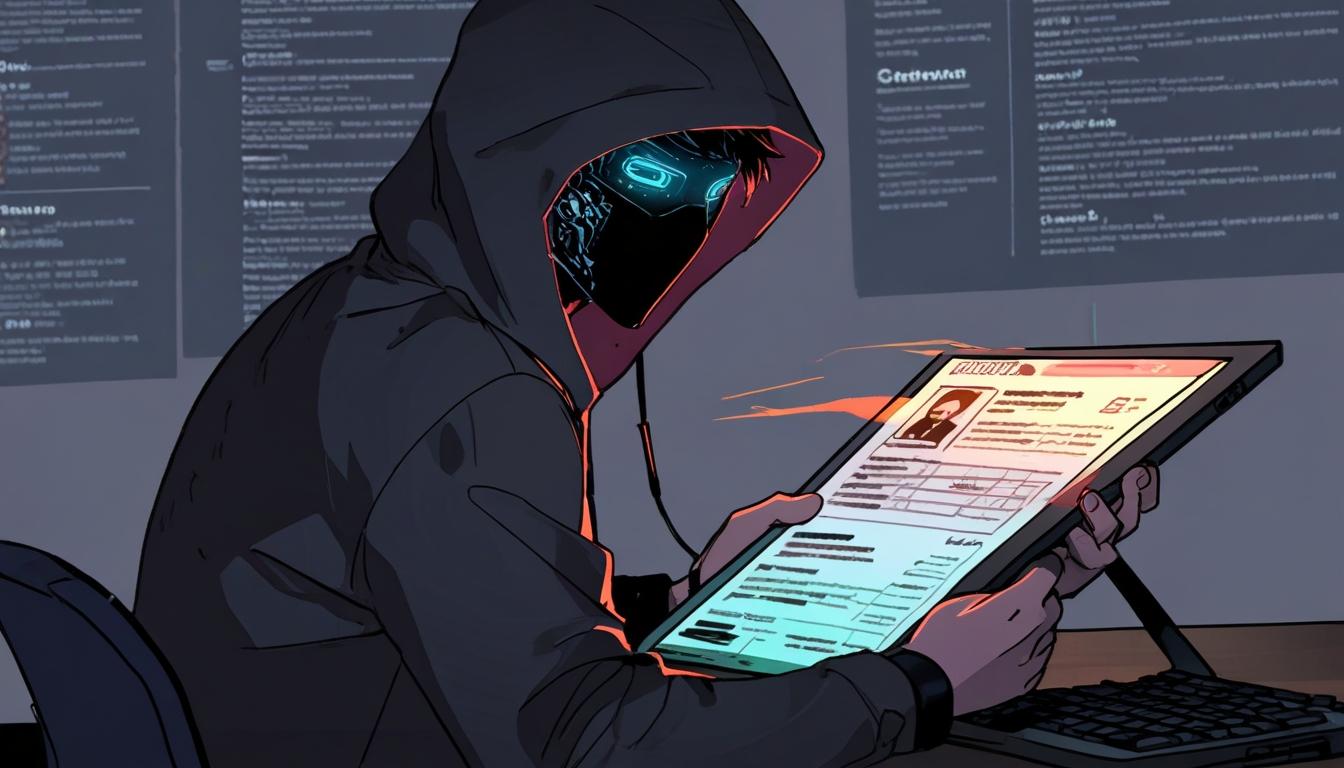The infiltration of Western businesses by North Korean hackers, masquerading as job applicants, has become a pressing concern for cybersecurity experts. The campaign, dubbed Nickel Tapestry, has been in operation since 2016, with recent research revealing a marked increase in its scope and sophistication. According to the Sophos Counter Threat Unit's findings, these hackers have been targeting not only American firms but also expanding their efforts towards European and Japanese organizations. This shift in focus is likely tied to heightened vigilance among U.S. companies regarding such cyber threats.
At the heart of these operations is the use of advanced tools to craft convincing identities. These individuals have posed as professionals from various backgrounds—Japanese, Vietnamese, and American—using AI-generated resumes and cover letters to secure remote positions, often in sensitive sectors like defense, aerospace, and cybersecurity. Reports highlight that North Korean hackers are employing generative artificial intelligence (GenAI) to enhance their profiles, conduct mock interviews, and even manage communications, thus appearing more credible to potential employers. The utilisation of such technology reflects a significant evolution in their tactics, enhancing their chances of evading detection.
In addition to successfully securing employment, these hackers have also been engaged in more nefarious activities. A striking example includes their involvement in cryptocurrency scams, where they have stolen millions of dollars through malware deployed via recruitment scams. These efforts are reportedly linked to the Lazarus Group, known for orchestrating substantial cyberattacks that fund North Korea's weapons programme. It's alarming to note that the stolen wages from these fraudulent roles contribute not just to personal enrichment but directly support the state’s military ambitions.
Moreover, investigations have uncovered that many of these IT workers operate from China and Russia, using various means to mask their true identities, including false documentation. Previous reports from the FBI and the Department of Justice revealed that thousands of North Korean IT workers had funneled substantial sums into the regime's missile development efforts. The issue has gained momentum in the wake of the COVID-19 pandemic, which accelerated remote work trends, thereby providing more opportunities for infiltration.
To combat these sophisticated cyber activities, organisations are being urged to implement stringent verification processes for remote candidates. This includes thorough checks of resumes and personal details, and, where feasible, conducting in-person interviews. Experts recommend monitoring for signs of traditional insider threats, such as suspicious use of legitimate tools and unusual patterns of remote access.
The ramifications of these cyber operations extend beyond mere theft; they have the potential to compromise sensitive data and national security. For instance, North Korea's hacking efforts have previously targeted South Korean defense contractors, where malware was embedded in internal networks, leading to severe breaches of confidential information. Such incidents underscore the critical need for responsive and robust cybersecurity measures.
As the threat landscape continues to evolve, businesses must remain vigilant and proactive in safeguarding their systems against these insidious tactics. The convergence of AI technology and advanced cyber warfare will likely pose ongoing challenges, but by adopting comprehensive verification and monitoring strategies, organisations can better defend themselves against these sophisticated threats.
Reference Map
- Paragraphs 1, 2, 6
- Paragraph 3
- Paragraphs 4, 5
- Paragraph 2
- Paragraph 3
- Paragraph 4
- Paragraph 5
Source: Noah Wire Services
